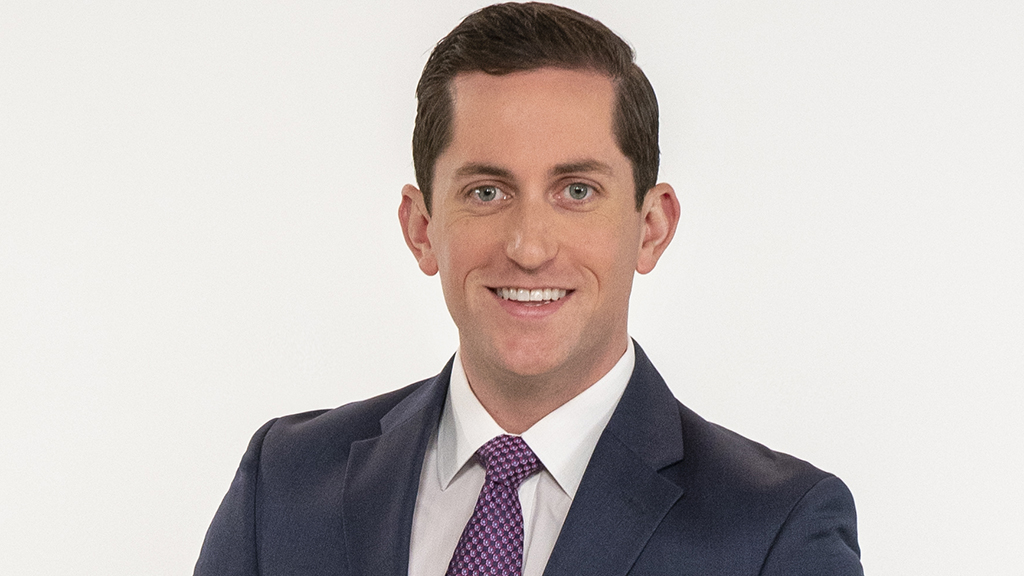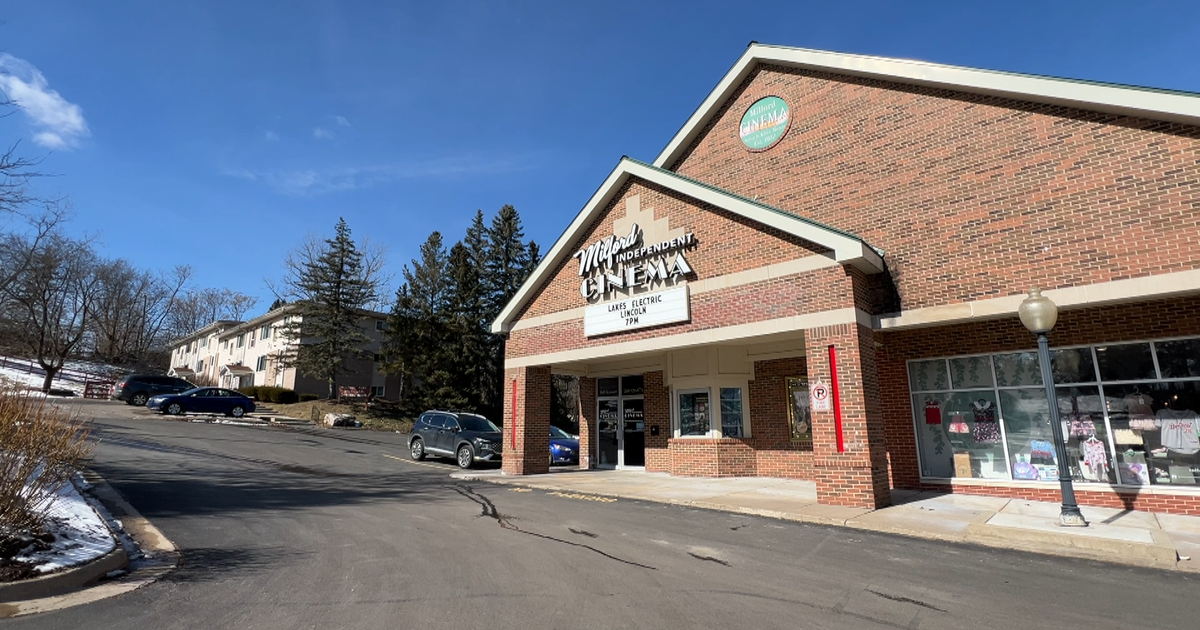Blue Cross Blue Shield of Massachusetts will stop covering popular drugs for weight loss. Here's why.
Blue Cross Blue Shield of Massachusetts says it will soon stop covering popular drugs for weight loss, like Ozempic and Wegovy.
The medications have skyrocketed in price and popularity, but they're now being blamed for crippling budgets in the public and private sector. As one of the fastest growing classes of medications, GLP-1 weight-loss drugs were originally brought on the market to treat diabetes. But their secondary use as a way for users to suppress diets and slim down sent sales through the roof.
Blue Cross announced Thursday that starting on January 1, 2026, standard coverage plans will not cover GLP-1s for weight loss. The company will continue to cover patients who are using the drugs for diabetes treatment.
Studies suggest nearly 1 in 8 people have used GLP-1s as the drugs become more common. That's given drug companies the reason to increase prices.
"Unsustainable burden"
Blue Cross Blue Shield said in 2024, five GLP-1 drug companies accounted for 20% of their total pharmacy spend which topped $300 million last year. That's double the year prior.
In a statement, the company's CFO Ruby Kam said, "Costs for medical care and medications for our members have escalated rapidly and spending is now growing at the fastest rate in more than a decade. The surge in spending is putting a heavy and unsustainable burden on our employer customers and members who are struggling to keep up with rising costs."
"The insurers need to draw a line in the sand and play hardball with these big pharma companies, said Jon Hurst, president of the Retailers Association of Massachusetts.
The group has 4,000 members. Most of them are small businesses who said they had faced double digit premium increases year to year
"Right now, if you have a mandated coverage on insurance at very high reimbursement rates and high usage, it's going straight to the bottom line," said Hurst. "These pharma companies have to decide which is more important to them, very high premiums or very high costs. Reimbursements for these drugs or high volume. They can't have both."
Mass. GIC requests additional $240 million
On the same day the BCBS news broke, the Massachusetts Group Insurance Commission met on Beacon Hill to go over a budget shortfall. The GIC has 460,000 members and provides insurance to state employees and their families.
In their monthly meeting, Executive Director Matthew Veno laid out the challenges GLP-1 drugs were putting on their budget.
"The GIC has been averaging a fairly significant monthly deficit of about $20 million throughout the year," Veno said.
He went on to explain how that deficit was being fueled by rising provider prices and increased demand. The GIC has formally asked the Legislature for an additional $240 million to cover the costs. Governor Maura Healey included that request in the supplemental budget she submitted earlier this month.








